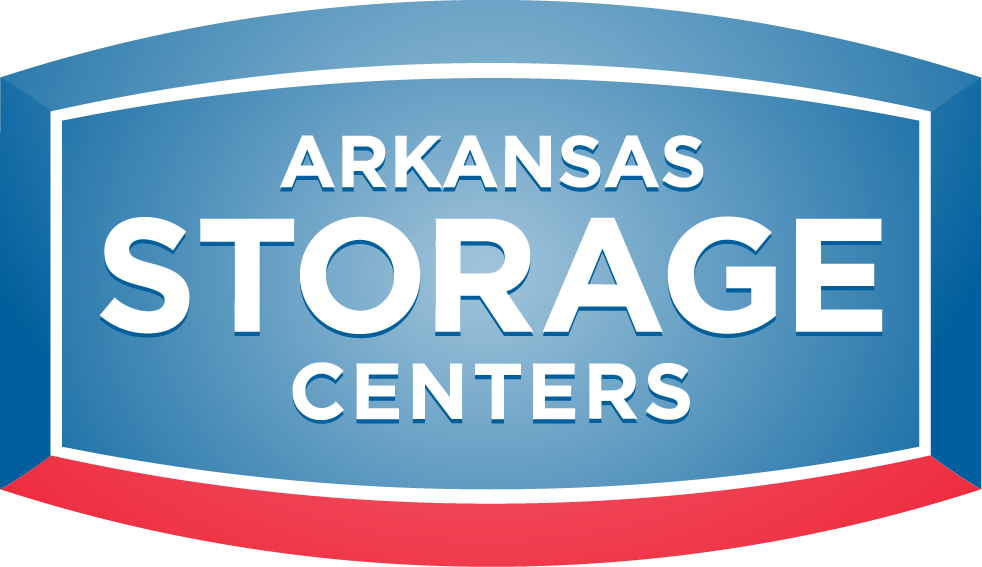
Moving to Little Rock, AR: A Complete Guide for 2025
By Mark Jahnke
Published on 24, October, 2025
If you're planning a move to Central Arkansas, you'll see right away why people are drawn to Little Rock. The city offers a comfortable pace of life, friendly neighborhoods, and a cost of living that's hard to beat. Whether you're coming here for work, school, or a new start, it's the kind of place that makes settling in easy. From riverfront parks to great food and local festivals, there's always something to enjoy once you arrive. And while you're getting established, storage units in North Little Rock are a smart option to keep your belongings protected until everything's in place.
Why People Are Moving to Little Rock
Over the last few years, Little Rock has seen steady growth as more people look for cities with opportunity and a reasonable cost of living. It's big enough to offer plenty of things to do, yet small enough that you still run into familiar faces. You'll find a community that values both progress and tradition, with residents who take pride in local culture. Outdoor recreation is one of the city's biggest perks. The Arkansas River Trail winds for miles through scenic areas, and Pinnacle Mountain State Park provides hiking and biking close to home. According to Arkansas.com, Little Rock is among the state's top destinations for outdoor activities, arts, and dining, making it an ideal spot for people who like variety without the chaos of a larger metro.
Cost of Living in Little Rock
Living in Little Rock costs noticeably less than in many other parts of the country. Overall expenses come in well below the national average, especially housing. As of 2025, home prices hover around $230,000, while renters pay about $1,000 to $1,200 for a two-bedroom apartment. For those budgeting a move or downsizing locally, it’s also worth reviewing storage unit prices in Little Rock, AR, to get a sense of current rental rates and options. Day-to-day costs like groceries, utilities, and gas are also reasonable. Winters are mild, which helps keep heating bills manageable, and gas prices usually stay below what you'll find in most other states. The typical household income is about $60,000, which goes a long way here.
Housing and Neighborhoods
Finding a place to live in Little Rock is easier than in many cities because the options fit a range of budgets and preferences. Downtown areas like SoMa and River Market are lively and walkable, appealing to people who want nightlife, restaurants, and entertainment within reach. Hillcrest and The Heights have historic homes and established charm, while West Little Rock offers newer developments and highly rated schools. If you prefer quieter surroundings, nearby suburbs such as Maumelle, Bryant, and Benton give you that peaceful feel while keeping you close to the city. Many families and professionals settle in these neighborhoods for their safety, schools, and easy commute.
Job Market and Economy
The local job market is healthy and consistent. Healthcare and education lead the way, supported by major employers like the University of Arkansas for Medical Sciences and Arkansas Blue Cross Blue Shield. State and local government agencies also provide a large share of jobs. In recent years, new opportunities have appeared in tech, logistics, and finance. Little Rock's location along major highways makes it a convenient center for manufacturing and distribution. The U.S. Bureau of Labor Statistics notes that unemployment rates here remain below the national average, which shows the area's stability and room for growth.
Education and Schools
Parents moving to the area will find a range of public and private school options. The Little Rock School District and Pulaski County Special School District both operate numerous campuses that include magnet and charter schools. Several private schools in the region are recognized for strong academics and smaller class sizes. For higher education, Little Rock has several respected institutions, including the University of Arkansas at Little Rock, Philander Smith University, and UA Pulaski Technical College. Whether you're pursuing a degree or professional certification, these schools play a significant role in the city's economy and workforce development.
Things to Do in Little Rock
Life in Little Rock offers more than just work and school. On weekends, many locals head downtown to the River Market District for food, live music, and farmers' markets. If you love the outdoors, hiking at Pinnacle Mountain or biking the Arkansas River Trail are easy ways to unwind. The city also has a rich cultural side. The Clinton Presidential Library and the Arkansas Museum of Fine Arts both attract visitors year-round, while local events and festivals keep the calendar full. For dining, you'll find everything from Southern cooking to creative local restaurants that rival those in much bigger cities.
Transportation and Commute
Getting around Little Rock is straightforward. Most residents drive, with average commute times around 20 minutes. Interstates I-30, I-40, and I-430 connect all parts of the city efficiently. Public transit is available through Rock Region METRO, which operates bus routes that reach most of the metro area. If you enjoy cycling, the city is steadily improving bike routes, and the Arkansas River Trail provides safe paths for recreation or commuting. For air travel, the Bill and Hillary Clinton National Airport is only a short drive from downtown.
Weather and Lifestyle
Little Rock experiences four distinct seasons, though winters are short and rarely severe. Summer brings heat and humidity, so air conditioning is essential. Spring and fall are delightful, making them the best seasons for local festivals and outdoor activities. New residents should keep in mind that Arkansas's humidity can affect stored belongings. Using a climate-controlled storage unit can prevent damage to furniture, electronics, and personal items during the warmer months.
Pros and Cons of Living in Little Rock
Pros
- Affordable homes and reasonable everyday costs
- A steady job market with multiple industries
- Plenty of recreation, restaurants, and cultural experiences
- A welcoming community that values local pride
Cons
- Hot, muggy summers
- Limited public transit outside major routes
- Occasional severe storms
Most people who move here find the positives far outweigh the negatives, especially when they compare housing prices and overall lifestyle to other capital cities.
Tips for Moving to Little Rock
If you're relocating, aim for spring or fall when the weather is most comfortable. Start planning early by visiting neighborhoods in person, comparing moving companies, and arranging utilities before your move-in date. Renting storage can help simplify the process if your new home isn't ready or if you're waiting to unpack. Local facilities often offer short-term leases, online payments, and 24-hour access, making it easy to store items temporarily while you get settled.
Local Resources for New Residents
Setting up services in Little Rock is straightforward. Entergy Arkansas provides electricity, and water comes from Central Arkansas Water. Internet service is available from several providers, including AT&T and Comcast. The city's website, LittleRock.gov, lists information on trash pickup, public safety, and permits. Healthcare access is excellent, with Baptist Health and UAMS offering hospitals, clinics, and emergency care.
Final Thoughts: Making Little Rock Home
Moving to Little Rock gives you a chance to live in a city that feels personal while still offering everything you need. It's practical, friendly, and full of character. If you're preparing for a move, using North Little Rock storage units can make organizing your belongings easier while you settle into your new Arkansas home.
